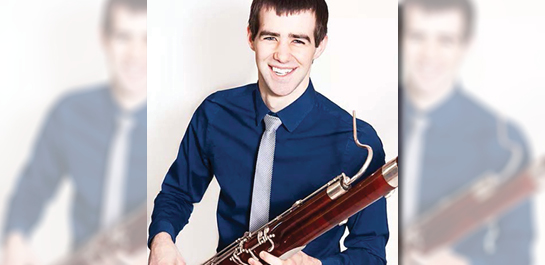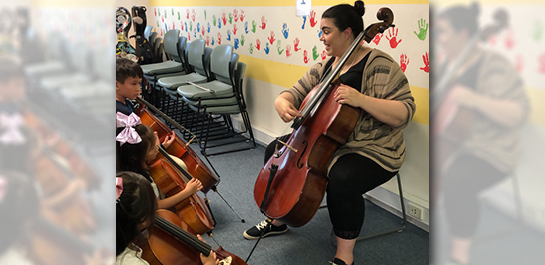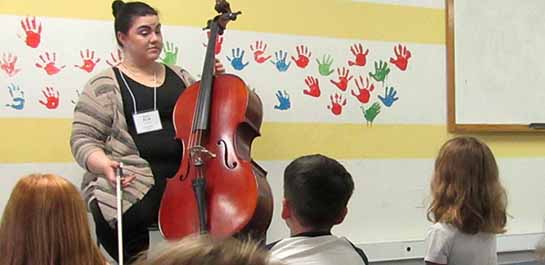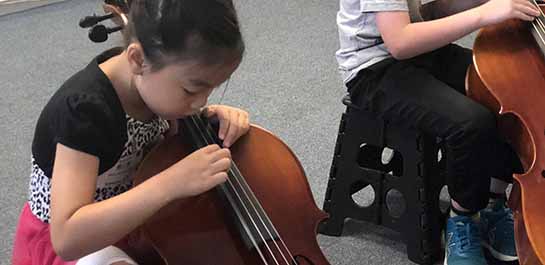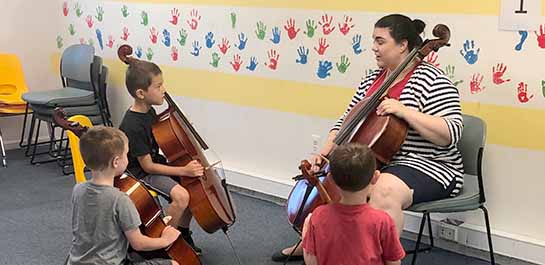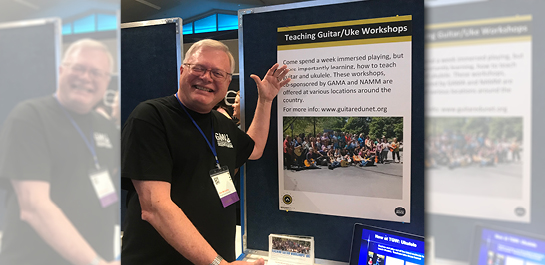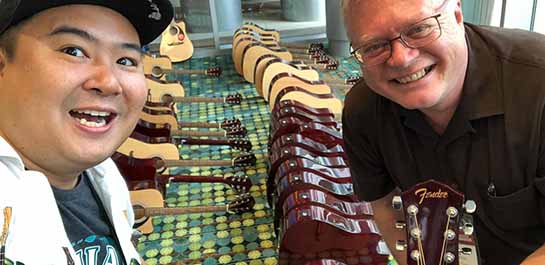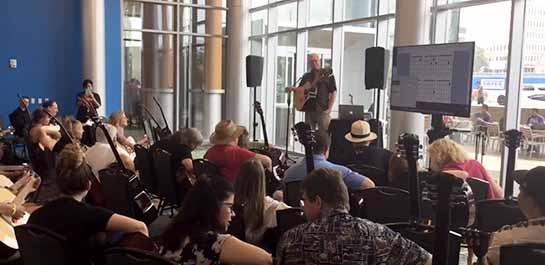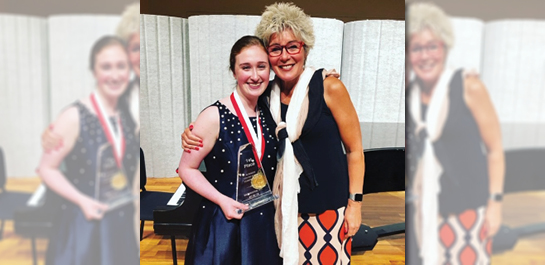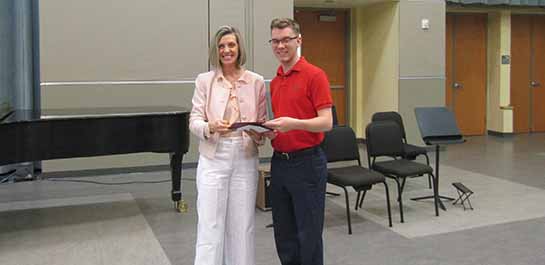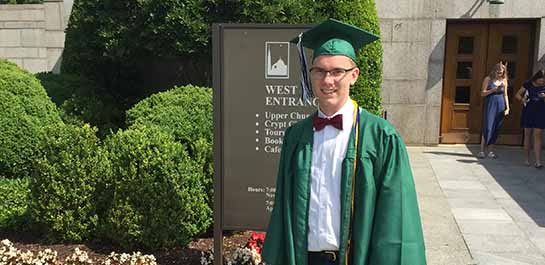The Academy extends a warm welcome to our new Teaching Artist Stephen Duncan, who is a professional bassoonist performing and teaching in the Northern Virginia and Washington, D.C. area. Bassoon is a woodwind instrument which predominately plays music in the bass and tenor clefs, and it is the only woodwind instrument that involves all fingers to play notes on the instrument. Bassoonists are usually seen in orchestras, concert bands, and chamber music ensemble. We are excited to have Mr. Duncan joining our music faculty!
What excites you the most about joining the Mason Community Arts Academy?
The Mason Community Arts Academy has done outstanding work since its inception in 2003. When I moved to the Northern Virginia area, I heard such great things from fellow musicians and teachers that I knew I wanted to be a part of the program. I’m thrilled to join MCAA this year and look forward to working with the students and fellow teachers as we make amazing music together!
How did you first fall in love with music?
I grew up in a musical family, where my dad was an oboe and English horn player, and my mom was an organist and singer. I was always surrounded by music from an early age and loved it for as long as I can remember. But the first time I had a moment as a performer where I knew I wanted to dedicate my life to music was when I was 17 years old. I was spending the summer at a music camp and was allowed to play first bassoon on Dvorak’s “New World Symphony.” When we played the final note of the piece, I sat back and knew I wanted to do this for the rest of my life.
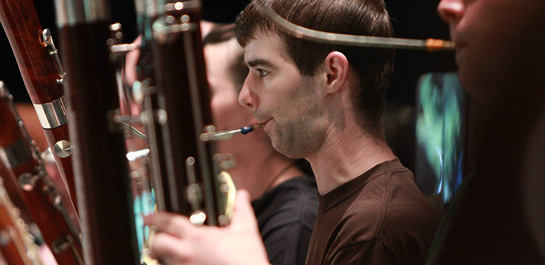
Tell us about a teaching experience you have had that was especially memorable.
I have been teaching for more than 10 years and have loved working with students of all ages. I’ve worked with so many students that it’s hard to pick one memory that stands out, because everyone is so unique. But I love to think about where my students started in their musical life and where they are now. Several students who began the bassoon with me are going on to college this year and still playing bassoon! I have a student who is finishing his doctoral degree in bassoon and playing in many different orchestras around the Midwest. Others are avid supporters of their local orchestras and music programs who love music and help it flourish. The most memorable moments for me as a teacher are not the specific accomplishments of my students, but the journey they have taken to reach those milestones.
What are some unique things you do when you teach?
Bassoon students of mine can look forward to many different breathing exercises, quacking like a duck on their reed, and mastering the “bocalphone.” I love the bassoon because it is the most beautiful and the silliest instrument at the same time.
Do you have any pets?
My wife and I have one fur-baby, Felix. He is a 4-year-old cat, and we’ve had him since he was about 10 weeks. He loves new people, snuggling, and playing. Unfortunately, he hates the bassoon.
What else would you like us to know about you?
From a musical standpoint, I want people to know that I am a passionate and experienced teacher who will work very hard to give each student my best for every lesson. On a personal note, my wife and I are relatively new to Fairfax county and love it! I’m excited to be a part of this community and look forward to getting started!

